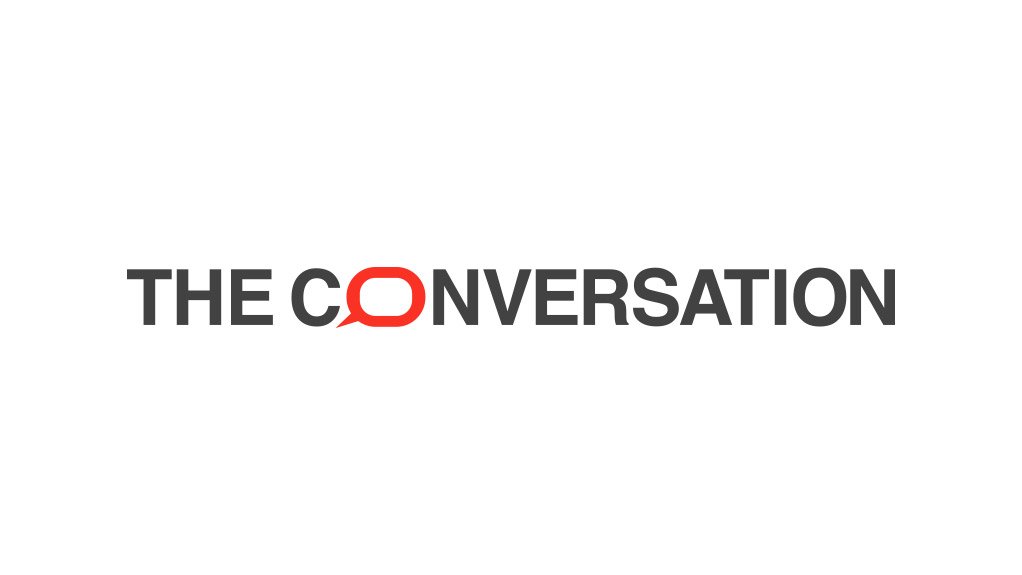African countries face a major challenge of dealing with high rates of communicable diseases, such as malaria and HIV/Aids, and rising levels of non-communicable diseases. But the continent’s health systems don’t have the resources to provide accessible and affordable healthcare to address these challenges.
Historically, aid has played a critical role in supporting African health systems. It has funded key areas, including medical research, treatment programmes, healthcare infrastructure and workforce salaries. In 2021, half of sub-Saharan Africa’s countries relied on external financing for more than one-third of their health expenditures.
As aid dwindles, a stark reality emerges: many African governments are unable to achieve universal health coverage or address rising healthcare costs.
The reduction in aid restricts healthcare services and threatens to reverse decades of health progress on the continent. A fundamental shift in healthcare strategy is necessary to address this crisis.
The well-known maxim that “prevention is better than cure” holds not just for health outcomes but also for economic efficiency. It’s much more affordable to prevent diseases than it is to treat them.
As an infectious diseases specialist, I have seen how preventable diseases can put a financial burden on health systems and households.
For instance, each year, there are global economic losses of over US$33-billion due to neglected tropical diseases. Many conditions, such as lymphatic filariasis, often require lifelong care. This places a heavy burden on families and stretches national healthcare systems to their limits.
African nations can cut healthcare costs through disease prevention. This often requires fewer specialist health workers and less expensive interventions.
To navigate financial constraints, African nations must rethink and redesign their healthcare systems.
Three key areas where cost-effective, preventive strategies can work are: improving water, sanitation, and hygiene; expanding vaccination programmes; and making non-communicable disease prevention part of community health services.
A shift in healthcare delivery
Improving water, sanitation, and hygiene infrastructure
Many diseases prevalent in Africa are transmitted through contact with contaminated water and soil. Investing in safe water, sanitation, and hygiene (WASH) infrastructure is an opportunity. This alone can prevent a host of illnesses such as parasitic worms and diarrhoeal diseases. It can also improve infection control and strengthen epidemic and pandemic disease control.
Currently, WASH coverage in Africa remains inadequate. Millions are vulnerable to preventable illnesses. According to the World Health Organization (WHO), in 2020 alone, about 510 000 deaths in Africa could have been prevented with improved water and sanitation. Of these, 377 000 deaths were caused by diarrhoeal diseases.
Unsafe WASH conditions also contribute to secondary health issues, such as under-nutrition and parasitic infections. Around 14% of acute respiratory infections and 10% of the undernutrition disease burden – such as stunting – are linked to unsafe WASH conditions.
By investing in functional WASH infrastructure, African governments can significantly reduce the incidence of these diseases. This will lead to lower healthcare costs and improved public health outcomes.
Local production of relevant vaccines
Vaccination is one of the most cost-effective health interventions available for preventing infection. Immunisation efforts save over four million lives every year across the continent.
There is an urgent need for vaccines against diseases prevalent in Africa whose current control is heavily reliant on aid. Neglected tropical diseases are among them.
Vaccines can also prevent some non-communicable diseases. A prime example is the human papillomavirus (HPV) vaccine, which can prevent up to 85% of cervical cancer cases in Africa.
HPV vaccination is also more cost-effective than treating cervical cancer. In some African countries, the cost per vaccine dose averages just under US$20. Treatment costs can reach up to US$2 500 per patient, as seen in Tanzania.
It is vital to invest in a comprehensive vaccine ecosystem. This includes strengthening local research and building innovation hubs. Regulatory bodies across the continent must also be harmonised and markets created to attract vaccine investment.
Integrating disease prevention into community healthcare services
Historically, African healthcare systems were designed to address communicable diseases, such as tuberculosis and HIV. This left them ill-equipped to handle the rising burden of non-communicable diseases, such as type 2 diabetes and cardiovascular diseases. One cost-effective approach is to integrate the prevention and management of these diseases into existing community health programmes.
Community health workers currently provide low-cost interventions for health issues such as pneumonia and malaria. They can be trained to address non-communicable diseases as well.
In some countries, community health workers are already filling the service gap. Getting them more involved in prevention strategies will strengthen primary healthcare services in Africa. This investment will ultimately reduce the long-term financial burden of treating chronic diseases.
A treatment-over-prevention approach will not be affordable
Current estimates suggest that by 2030, an additional US$371-billion per year – roughly US$58 per person – will be required to provide basic primary healthcare services across Africa.
Adding to the challenge is the rising global cost of healthcare, projected to increase by 10.4% this year alone. This marks the third consecutive year of escalating costs. For Africa, costs also come from population growth and the rising burden of non-communicable diseases.
By shifting focus from treatment to prevention, African nations can make healthcare accessible, equitable and financially sustainable despite the decline in foreign aid.
Written by Francisca Mutapi, Professor in Global Health Infection and Immunity. and co-Director of the Global Health Academy, University of Edinburgh
This article is republished from The Conversation under a Creative Commons license. Read the original article.











